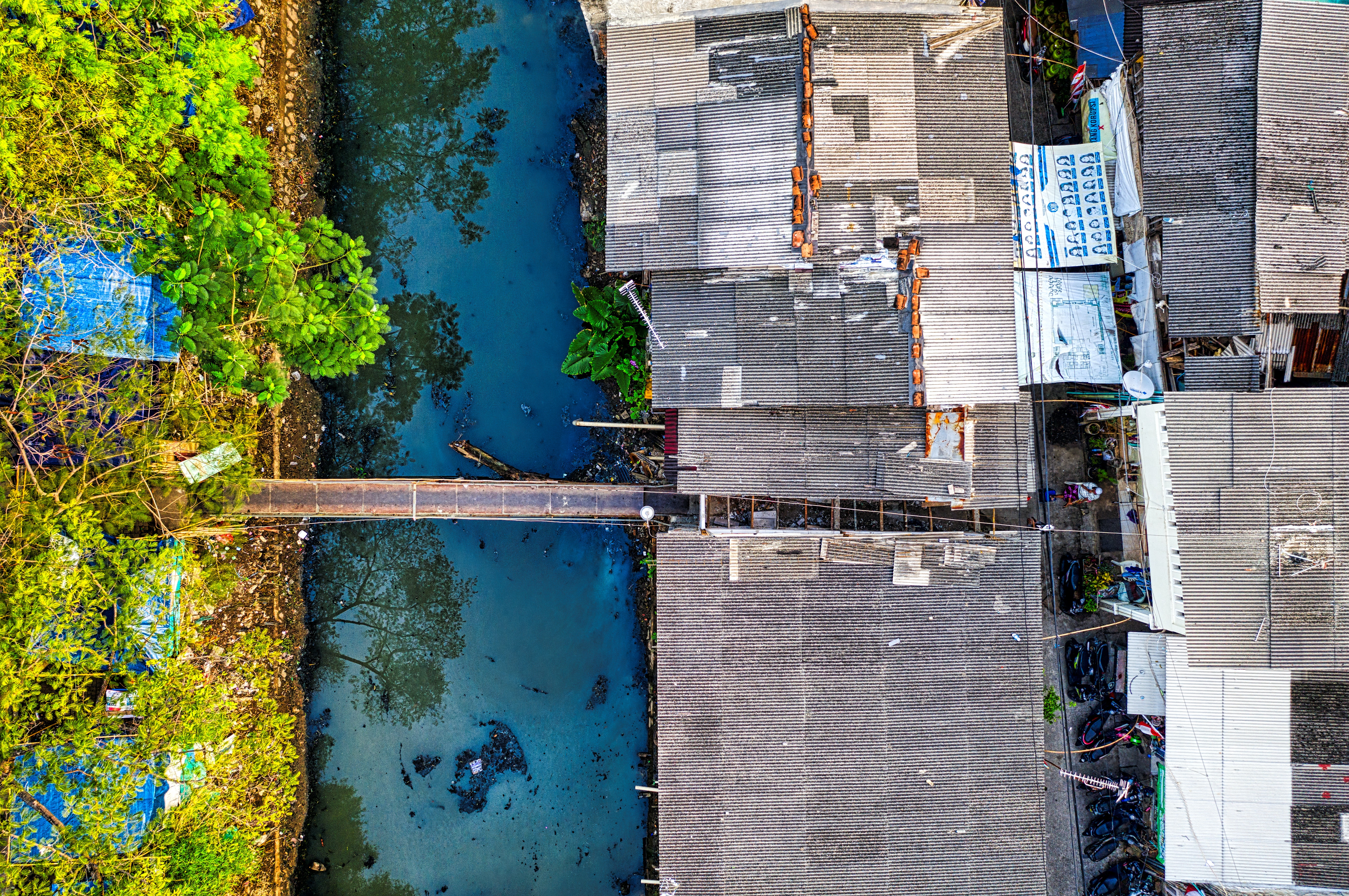Greenhouse gas reduction of co-benefit-type wastewater treatment system for fish-processing industry: A real-scale case study in Indonesia

The government of Indonesia has pledged to achieve ambitious goals in mitigating greenhouse gas emissions and reducing water pollution through its water management policies. A recent study has shown that the implementation of a set of technologies could help in achieving these goals simultaneously. However, the installation and widespread application of these technologies require knowledge on how governance affects the implementation of existing policies, as well as cooperation across sectors, administrative levels, and stakeholders.
The study examined the potential impacts of seven wastewater treatment scenarios for the fish processing industry in Indonesia, integrating key governance variables, including enforcement capacity, institutional coordination, and multi-actor networks. The analysis showed that in the business-as-usual scenario, there is a 24% increase in both CH4 and CO2 emissions between 2015 and 2030 due to growth in production volumes.
Interestingly, in scenarios focusing only on strengthening capacities to enforce national water policies, expected total greenhouse gas emissions turn out to be about five times higher than in the business-as-usual in 2030 due to growth in CH4 emissions during the handling and landfilling of sludge, as well as in CO2 generated from the electricity required for wastewater treatment.
In contrast, in multi-actor scenarios where there is significant cooperation across sectors, administrative levels, and stakeholders to integrate climate and water goals, both estimated chemical oxygen demand and CH4 emissions turn out considerably lower than in the business-as-usual and the national water policy scenarios.
The study highlights the importance of governance in achieving sustainable development goals, including mitigating greenhouse gas emissions and reducing water pollution. It underscores the need for cooperation across sectors, administrative levels, and stakeholders to integrate climate and water goals in policy implementation.
Therefore, the government of Indonesia should prioritize strengthening institutional coordination and multi-actor networks, in addition to enforcing existing policies, to achieve its greenhouse gas mitigation and water pollution reduction goals. The adoption of sustainable technologies should be accompanied by effective governance to ensure their successful implementation and widespread adoption.The research was carried out by Adriana Gomez Sanabria, Lena Hoglund Isaksson, Zbigniew Klimont, from International Institute for Applied Systems Analysis and Eric Zusman, from Institute for Global Environmental Strategies.
Story Source:
Materials provided by Water Science and Engineering. The original text of this story is licensed under a Creative Commons License. Note: Content may be edited for style and length.
Journal Reference:
- Gomez Sanabria, Adriana & Zusman, Eric & Höglund-Isaksson, Lena & Klimont, Zbigniew & Lee, So-Young & Akahoshi, Kaoru & Farzaneh, Hooman & Chairunnisa, Chairunnisa. (2020). Sustainable wastewater management in Indonesia's fish processing industry: Bringing governance into scenario analysis. Environmental Management. http://doi.org/10.1016/j.jenvman.2020.111241.

0 Comments